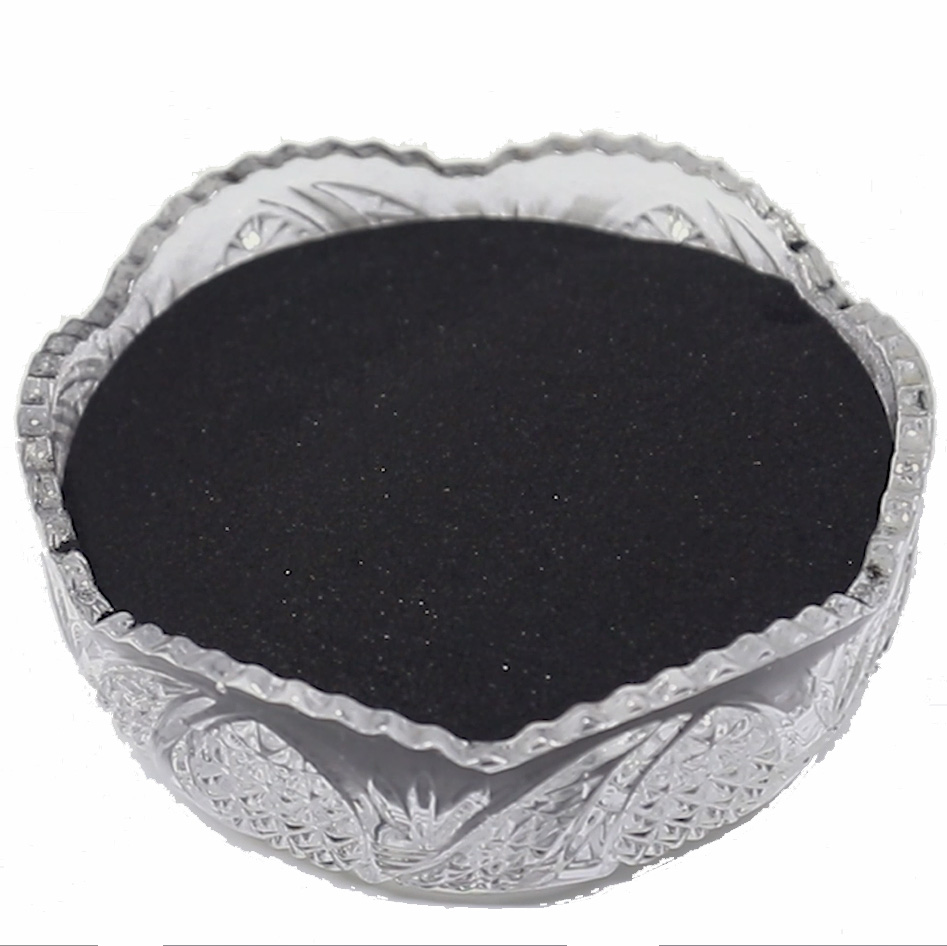
Nov . 28, 2024 08:31 Back to list
Benefits of Ammonium Sulphate for Plant Growth and Soil Health
The Role of Ammonium Sulfate in Plant Growth
Ammonium sulfate is a widely used fertilizer that has been recognized for its effectiveness in promoting plant growth. This compound, comprised of ammonium and sulfate ions, offers multiple benefits to plants and soil, making it an essential component in modern agriculture and gardening.
Composition and Nutritional Value
Ammonium sulfate contains about 21% nitrogen and 24% sulfur by weight, which are critical nutrients for plant growth. Nitrogen is a key element in the formation of amino acids, proteins, and chlorophyll, which are vital for photosynthesis. A sufficient supply of nitrogen ensures that plants grow quickly and produce lush green foliage. On the other hand, sulfur plays a crucial role in producing enzymes and vitamins, contributing to overall plant health.
Benefits to Soil Health
One of the primary advantages of ammonium sulfate is its ability to improve soil structure and fertility. By promoting the growth of beneficial microorganisms in the soil, ammonium sulfate enhances nutrient availability and aids in the breakdown of organic matter. When applied to the soil, it acidifies the environment, which can be beneficial in alkaline soils where certain nutrients may become less accessible to plants. The sulfate ions in ammonium sulfate can also help to leach harmful salts from the soil, making it a favorable option for plants in saline environments.
Enhancing Plant Growth
Ammonium sulfate is particularly effective for crops that require high nitrogen input, such as leafy vegetables, grains, and some fruit-bearing plants. When crops are deficient in nitrogen, they exhibit stunted growth, yellowing of leaves, and reduced yield. The application of ammonium sulfate can quickly rectify these deficiencies, leading to improved growth rates and higher productivity.
Furthermore, the quick-release nature of ammonium sulfate means that plants can access the nitrogen they need almost immediately after application. This characteristic makes it an ideal choice for farmers and gardeners who require rapid results, especially during critical growth phases.
sulphate of ammonia for plants

Application Methods
Ammonium sulfate can be applied via several methods, including broadcasting, side-dressing, and incorporation into the soil before planting. The application rate can vary depending on the crop type, soil conditions, and specific nutrient requirements. It is crucial to conduct a soil test before applying ammonium sulfate to determine existing nutrient levels and to avoid over-fertilization, which can lead to environmental issues, such as nutrient runoff.
Environmental Considerations
While ammonium sulfate is highly beneficial for plant growth, it is essential to consider its environmental impact. Excessive use of nitrogen fertilizers, including ammonium sulfate, can lead to leaching into groundwater and contribute to eutrophication in water bodies, which is detrimental to aquatic ecosystems. Therefore, responsible application, based on soil tests and plant needs, is vital in minimizing these risks.
Alternatives and Combinations
In addition to ammonium sulfate, there are various other fertilizers available that provide nitrogen. Some farmers prefer using a combination of slow-release fertilizers that can maintain nutrient levels over an extended period. Organic options, such as composted manure or chicken litter, can also be used to enhance soil fertility naturally while reducing the likelihood of nutrient leaching and runoff.
Conclusion
Ammonium sulfate is a valuable tool for gardeners and farmers aiming to optimize plant growth and soil health. Its rich content of nitrogen and sulfur makes it an excellent choice for boosting plant productivity and enhancing soil fertility. However, as with any fertilizer, it is essential to apply it judiciously to ensure sustainable agricultural practices. With proper management, ammonium sulfate can significantly contribute to the success of both commercial farming and home gardening efforts, paving the way for healthy and vigorous plant growth.
-
10 10 10 Fertilizer Organic—Balanced NPK for All Plants
NewsJul.30,2025
-
Premium 10 10 10 Fertilizer Organic for Balanced Plant Growth
NewsJul.29,2025
-
Premium 10 10 10 Fertilizer Organic for Balanced Plant Growth
NewsJul.29,2025
-
Premium 10 10 10 Fertilizer Organic for Balanced Plant Growth
NewsJul.29,2025
-
50 Pound Bags of 13-13-13 Fertilizer for All Plants – Bulk & Organic Options
NewsJul.28,2025
-
High-Efficiency 15-30-15 Granular Fertilizer for Healthy Crops
NewsJul.28,2025
